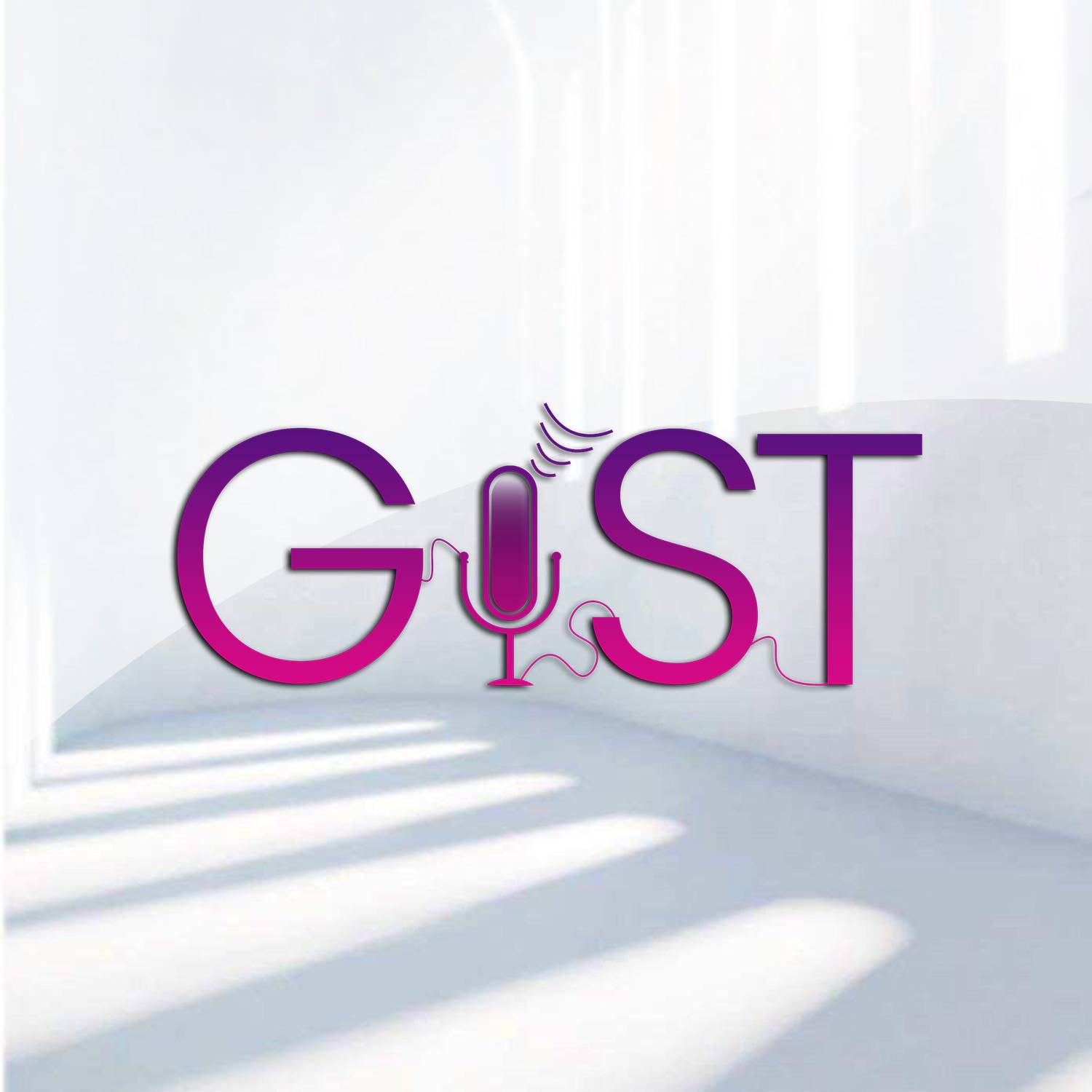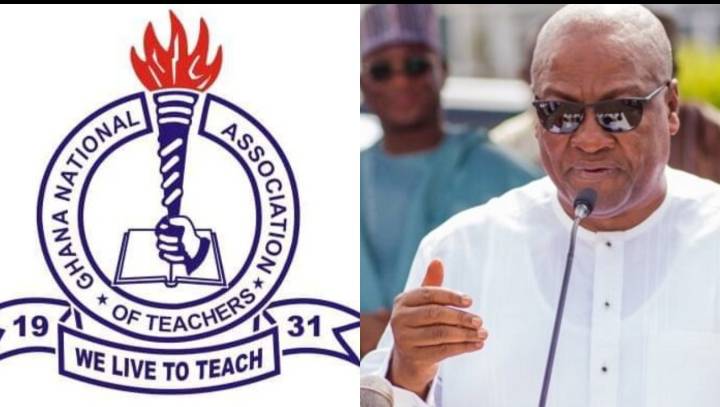The Ghana National Association of Teachers (GNAT) has called on President-elect John Dramani Mahama to make the passage of the Pre-Tertiary Education Funding Act a top priority. This move is aimed at addressing the gradual collapse of schools at the pre-tertiary level.
According to Thomas Musah Tanko, General Secretary of GNAT, the Act will provide a sustainable funding mechanism for pre-tertiary education. He proposed that funding sources could include Property Tax, Parent Teacher Association (PTA) contributions, and a percentage of petroleum resources.
Tanko emphasized that the funds generated through the Act could be used to address pressing issues such as infrastructure deficits, capitation grants, and challenges with the free Senior High School (SHS) program. He expressed confidence that the Act would ensure that all stakeholders, including parents, contribute to the funding of pre-tertiary education.
In an interview, Tanko stressed the importance of education in breaking the cycle of poverty and sustaining democracy. He urged Mahama to work collaboratively with stakeholders to address the challenges facing the education sector.
"We want to remind His Excellency the President-elect John Dramani Mahama that we need to get our education system right. Education is the only weapon available to break poverty, and it is the only way we can sustain our democracy," Tanko said.
Tanko proposed that the Pre-Tertiary Education Funding Act could include provisions for PTA contributions, taxation of the rich to support the poor, and allocation of a percentage of petroleum resources. He also suggested that a small percentage of Value-Added Tax (VAT) could be dedicated to funding education.
GNAT's call for the passage of the Pre-Tertiary Education Funding Act is a timely reminder of the need for sustainable funding mechanisms for education. As Mahama prepares to take office, it is essential that he prioritizes education and works collaboratively with stakeholders to address the challenges facing the sector. By doing so, he can ensure that all Ghanaian children have access to quality education, regardless of their background or socio-economic status.



No comments yet
Be the first to share your thoughts!